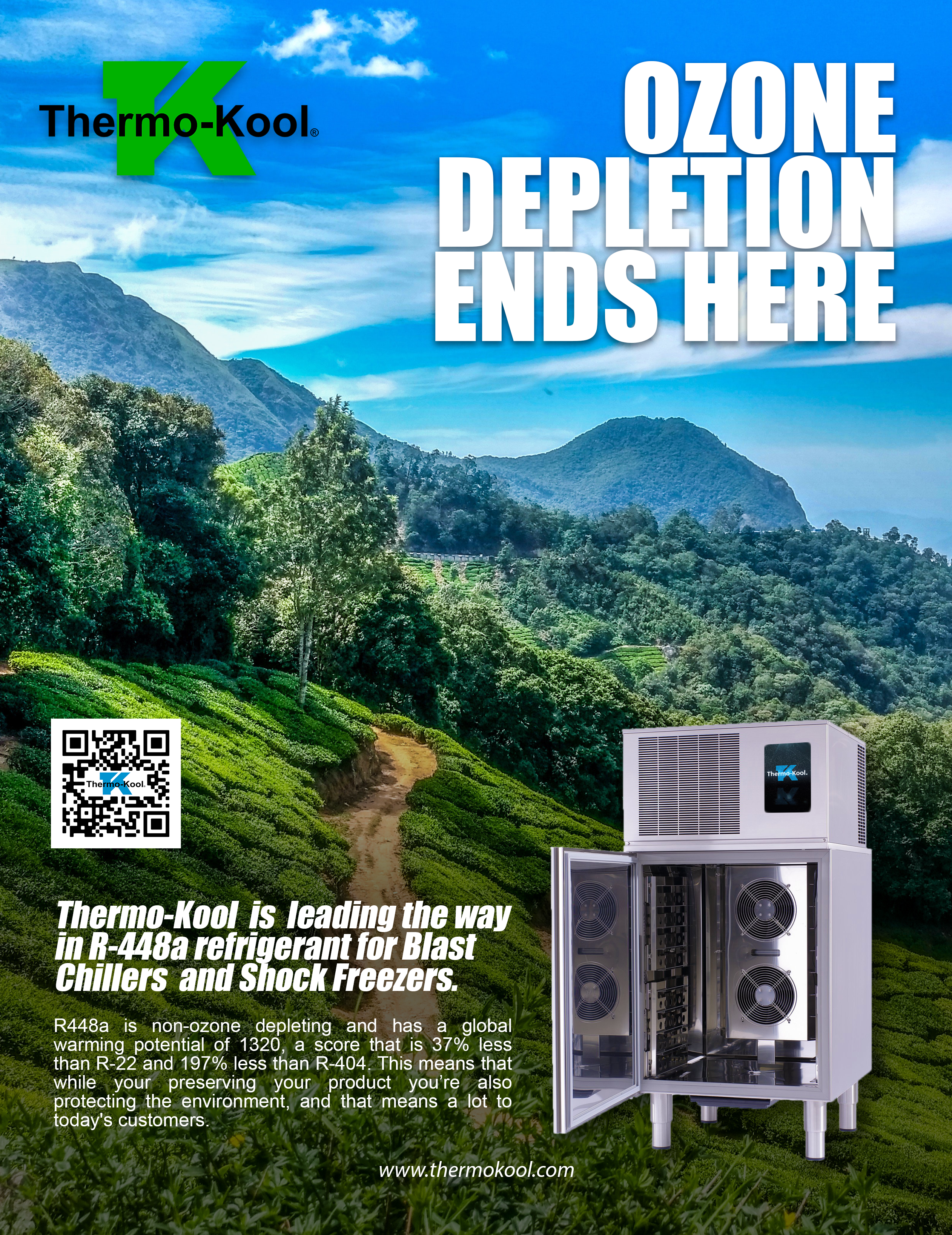Non-compliance with refrigeration regulations has far-reaching consequences for foodservice businesses. Legal issues, competitive disadvantages, increased costs, and a damaged reputation await commercial companies that fail to comply. Prioritizing refrigeration compliance and sustainability mitigates risks, builds consumer trust, and fosters long-term profitability.
Understanding Compliance and Environmental Concerns
Practicing rigorous attention to refrigerant regulations helps restaurants, hotel chains, and other foodservice businesses avoid penalties and costly legal battles that drain profits that could otherwise be invested back into the business. Moreover, compliance issues disrupt business because equipment gets shut down, requiring maintenance and inspections and resulting in possible kitchen closures. These interruptions can have a detrimental effect on productivity and revenue.
Compliance can require businesses to switch to different refrigerants or upgrade their systems to enhanced solutions that consume less energy and save money on maintenance. Investing in more energy-efficient refrigeration for your foodservice business helps keep ingredients on the shelf longer and prevents food waste.
Cooking and refrigeration compliances exist to ensure clean and safe food conditions. The R404 Ban restricts using a refrigerant called R404 in the foodservice industry. The law is in place to protect the environment from harmful substances. If a restaurant, hospital, or school kitchen doesn't comply, serious financial repercussions can cause irreparable harm.
The good news is that honoring the ban has many benefits, such as an advantage over your foodservice competition. Customers want fresh and safe food. By creating an environmentally responsible brand, business owners can attract a growing segment of consumers willing to pay premium prices for sustainable services.
More than half of the United States cares if your foodservice establishment and team are environmentally responsible. Sixy-four percent of Americans are worried about the planet’s health, so restaurants demonstrating a commitment to sustainability are opening the door to new sales from a deeper market of consumers.
Customers are savvy and understand that there are compliances, such as the R404a refrigerant ban and the decision to use 448a refrigerant as a replacement. The change to 448a stems from a comprehensive evaluation of global warming potential and current industry standards. The R404a ban now gives the food and beverage industry a clear directive, encouraging commercial businesses to transition to more environmentally friendly refrigerants.
448A Refrigerant-Certified Blast Chillers Are Revolutionizing the Food Industry
Phasing-out refrigerants like R404a and R507 keep commercial kitchens in compliance with environmental regulations. The decision to transition away from these refrigerants is driven by their high global warming potential (GWP) and impact on ozone depletion. By phasing out R507 and R404a, your foodservice business will reduce greenhouse gas emissions, combat climate change, and promote sustainability in the food and beverage industry.

When planning an upgrade or addition to ensure compliance with refrigeration regulations, food and beverage operators shouldn’t overlook blast chillers and the expedited speeds with which they bring hot food through the temperature danger zone, between 40 and 140 degrees Fahrenheit.
Blast chillers are game-changers in helping restaurants achieve compliance standards and improve efficiencies. Commercial blast chillers allow chefs to prep ahead of time, rapidly cool large batches of food to cook, and store prepared meals, ingredients, and leftovers for extended periods without worrying about food spoilage and waste.
Innovative blast chillers are easy to operate by any team member and help reduce the demand for more kitchen labor. Everyone can help prevent bacterial growth and stop nasty foodborne illnesses while cutting costs).
Thermo-Kool's 448A Refrigerant-Certified Blast Chillers are the Preferred Choice for Eco-Conscious Businesses
Designed with cost-savings in mind, Thermo-Kool’s blast chillers help restaurants and commercial kitchens to meet compliance laws and improve cooling efficiencies without wasting money. Thermo-Kool's blast chillers are proven to help foodservice businesses reduce their environmental footprint by using the 448a refrigerant, known for its low global warming potential (GWP). By cooking with Thermo-Kool's blast chiller with R448a, you're actively reducing your carbon footprint and contributing to a greener future (and bottom line).
Can a blast chiller help your operation? Find out by taking the quiz.
